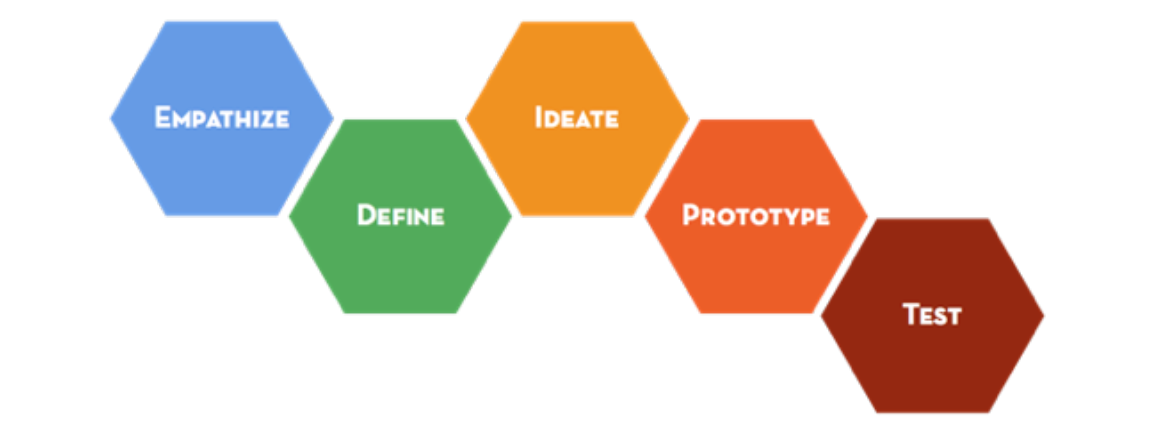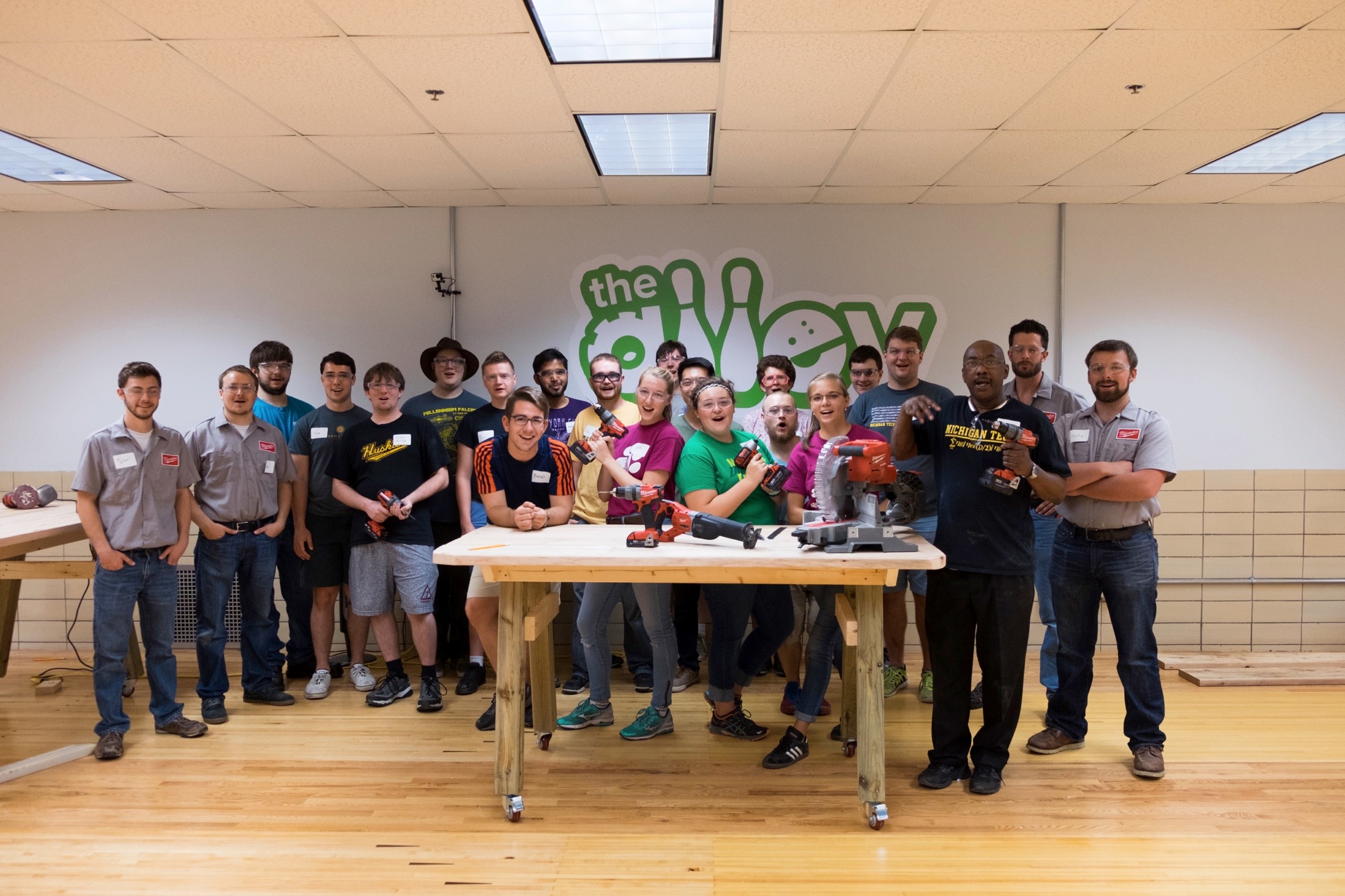By Mary Raber
If you’ve been hanging out around the Pavlis Honors College you’ve probably heard talk about Design Thinking and Makerspaces. And maybe you’re wondering, what are these things and why are they important?
As stated by Tom & David Kelley, co-founders of the product innovation company IDEO and authors of Creative Confidence, “Most people are born creative. As children, we revel in imaginary play, ask outlandish questions, draw blobs and call them dinosaurs. But over time, because of socialization and formal education, a lot of us start to stifle those impulses. We learn to be warier of judgment, more cautious, more analytical. The world seems to divide into “creatives” and “non-creatives,” and too many people consciously or unconsciously resign themselves to the latter category.”
Last fall, the Pavlis Honors College announced the creation of a new Innovation Center for Entrepreneurship (ICE), and as part of our mission we want to help Michigan Tech students, faculty and staff reclaim their “creative confidence.” Design thinking and makerspaces are two great tools that can help.
“Design Thinking is defined as a methodology and a mindset that draws upon logic, imagination, intuition, and systemic reasoning, to explore possibilities of what could be—and to create desired outcomes that match people’s needs with what is technologically feasible and what a viable business strategy can convert into customer value and market opportunity,” explains IDEO CEO, Tim Brown.
It is an iterative process that starts with Empathy…understanding the needs and challenges of the people who might use the innovative ideas you are developing. By getting out and talking to people, you can learn a lot about their needs and challenges which can help ensure that you are focusing on the right problem. Then through ideation processes such as brainstorming, new ideas are generated. Simple prototypes of these ideas can be created with fast and inexpensive methods such as sketching, role playing, or building models using materials like post-it notes and pipe cleaners. These simple prototypes can then be used to gain valuable feedback by testing a physical model of your idea with prospective users. This allows you to determine whether you’re on the right track before you’ve invested too much time or money, or if you need to go back to a previous step to explore your idea further.
We now have a team of faculty and students (our University Innovation Fellows) who are trained in the design thinking process and are available to help others develop design-thinking skills through facilitated workshops and class sessions. The team has already been working hard to help infuse this process across campus and into the community.
You’ve probably also heard about our new makerspace, The Alley. Makerspaces are popping up all over the world and there are an estimated 400 makerspaces in the US alone. They are intended to be creative, DIY spaces where people can gather to create, collaborative, invent, tinker and learn using a variety of tools and materials. By all accounts, they are not just spaces, they are communities of people from all disciplines and backgrounds who enjoy making things. They encompass making in all forms, whether building with power tools, creating 3D printed prototypes, experimenting with cooking, or creating through more traditional art forms like sewing and painting.
Over the past year, a diverse team of students, faculty and staff have worked to convert the old bowling alley in the basement of the MUB to a really cool collaborative work space where members of the Michigan Tech community can bring their ideas to life.
In September, representatives of Milwaukee Tool came to campus to help facilitate a workbench building event. Milwaukee Tool is a strong supporter of The Alley and helped get the makerspace off the ground with a generous donation of tools. The Alley officially opened with a ribbon cutting ceremony on October 25th, 2016.
The Alley is a student-led makerspace, with a team of Maker Coaches (student, faculty and staff volunteers) who staff the space, maintain the tools & equipment, train new users, and help to make it a safe place to work. It is open to the Michigan Tech community on Monday-Thursday from 3:00-9:00pm. For more info on the space, or how to get involved as a volunteer Maker Coach, check out The Alley’s website or Facebook page.

